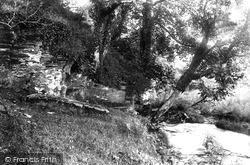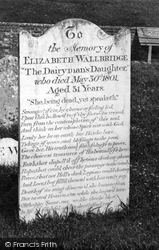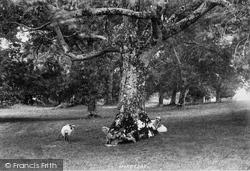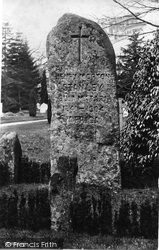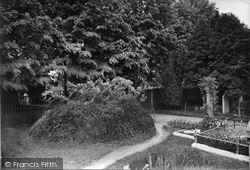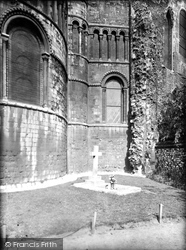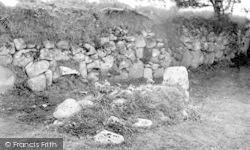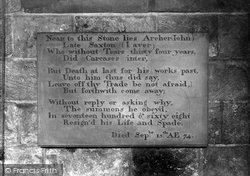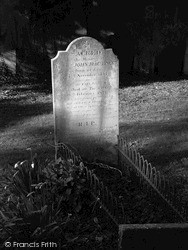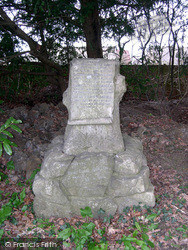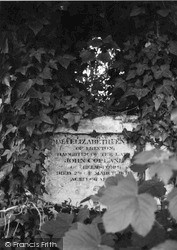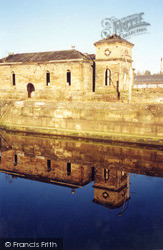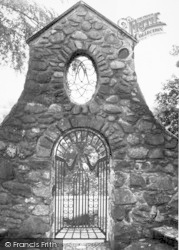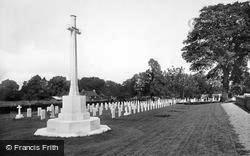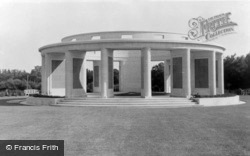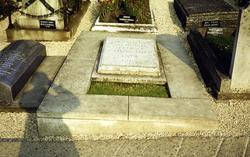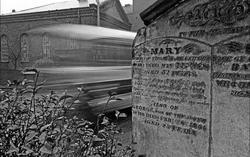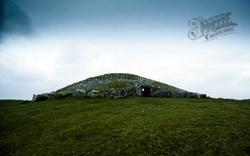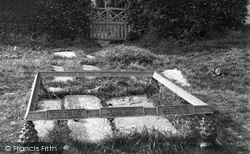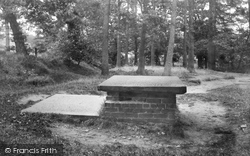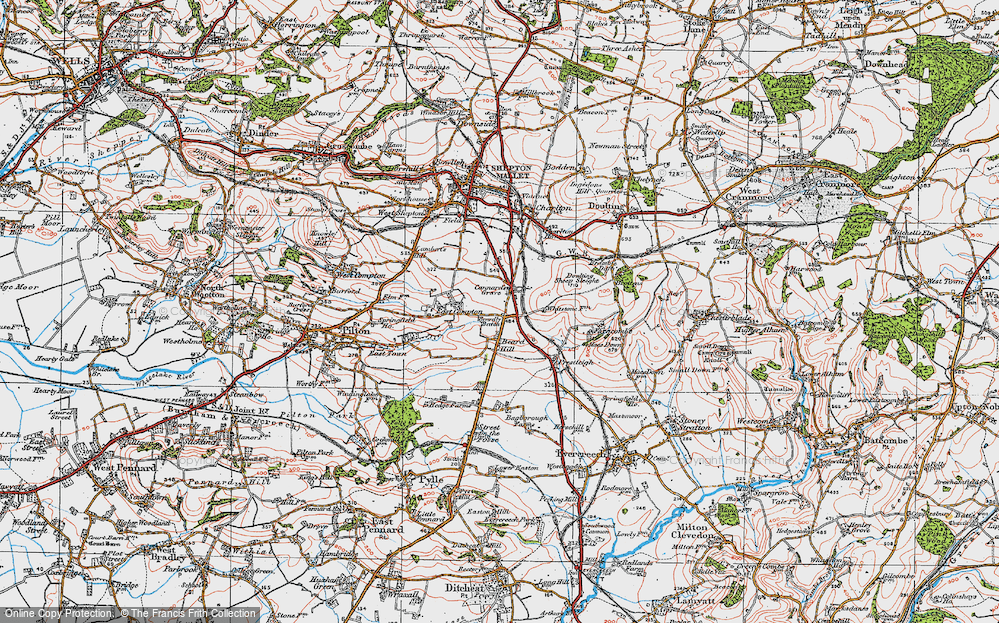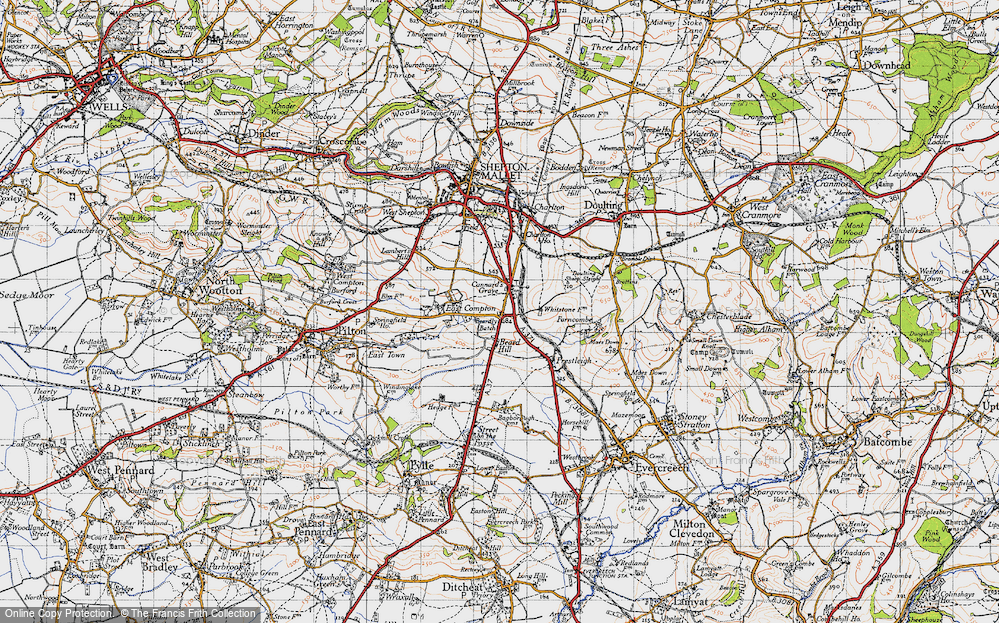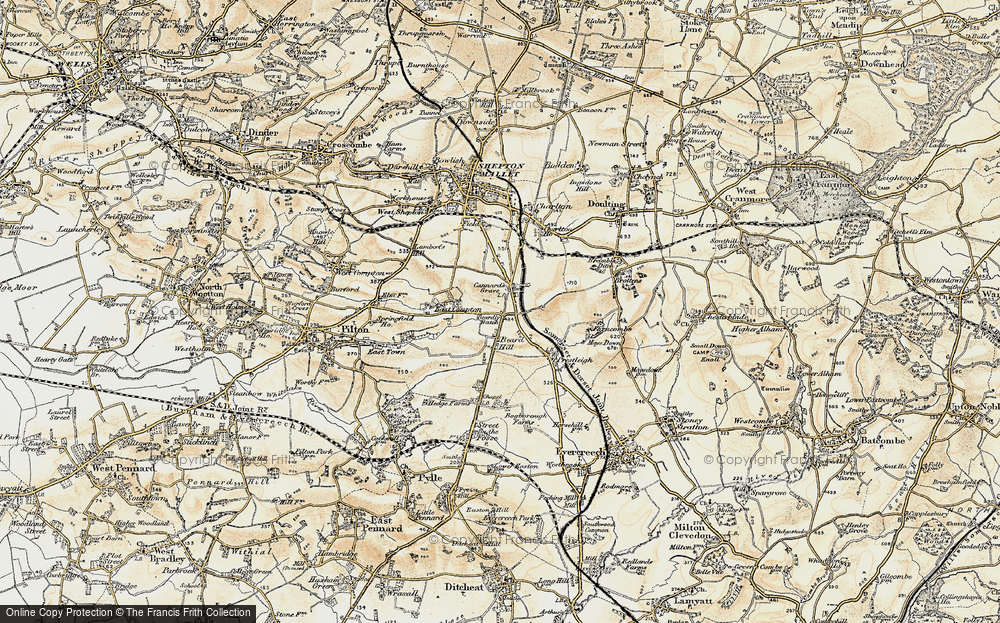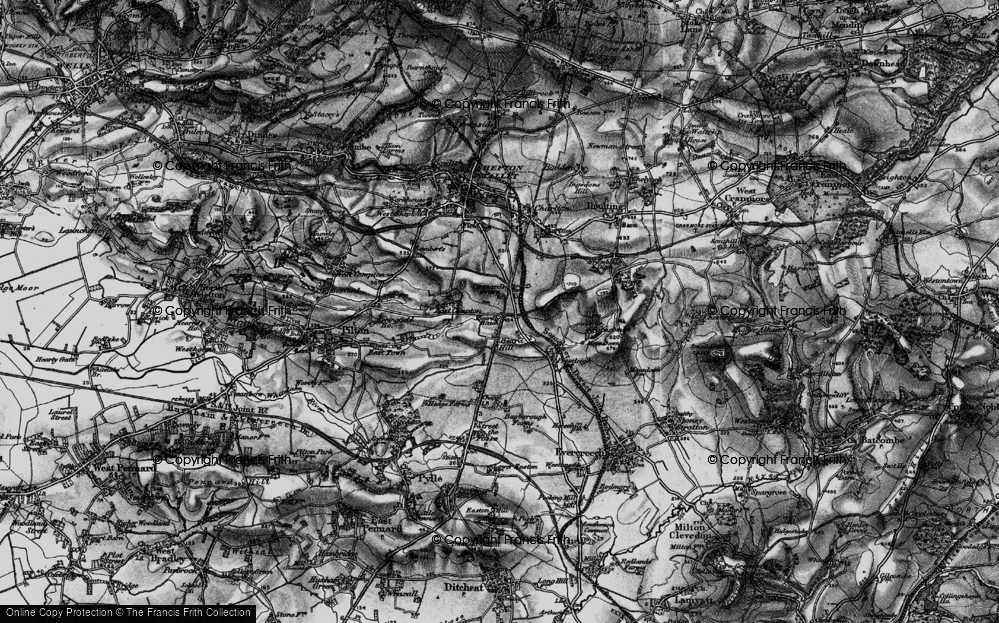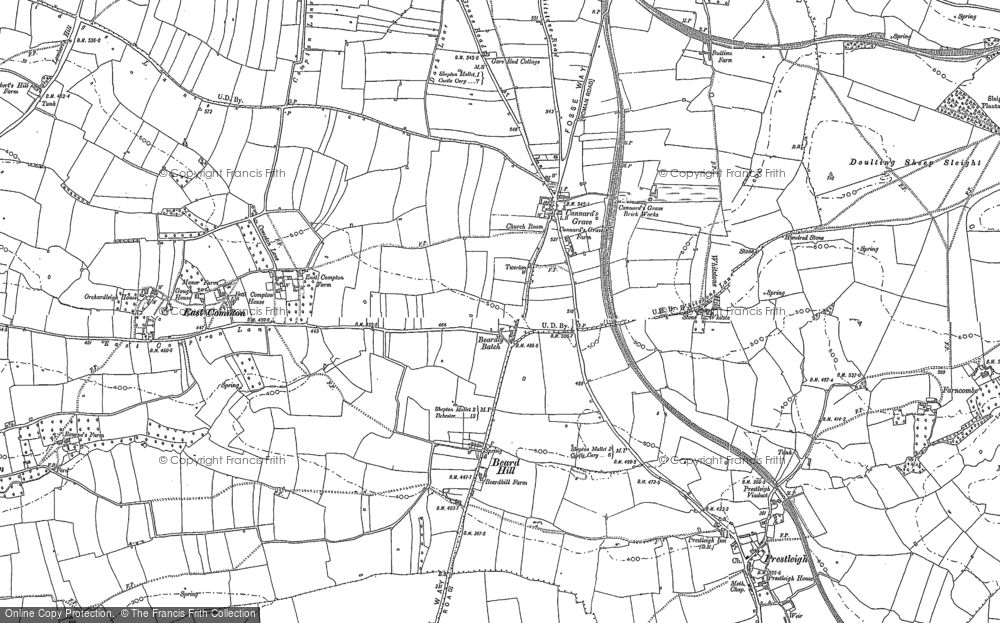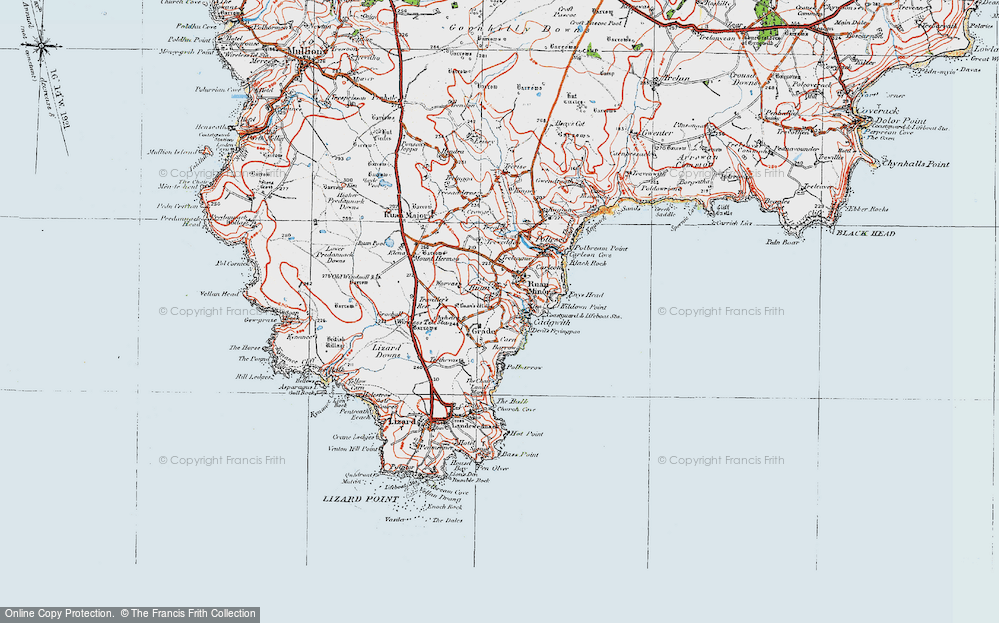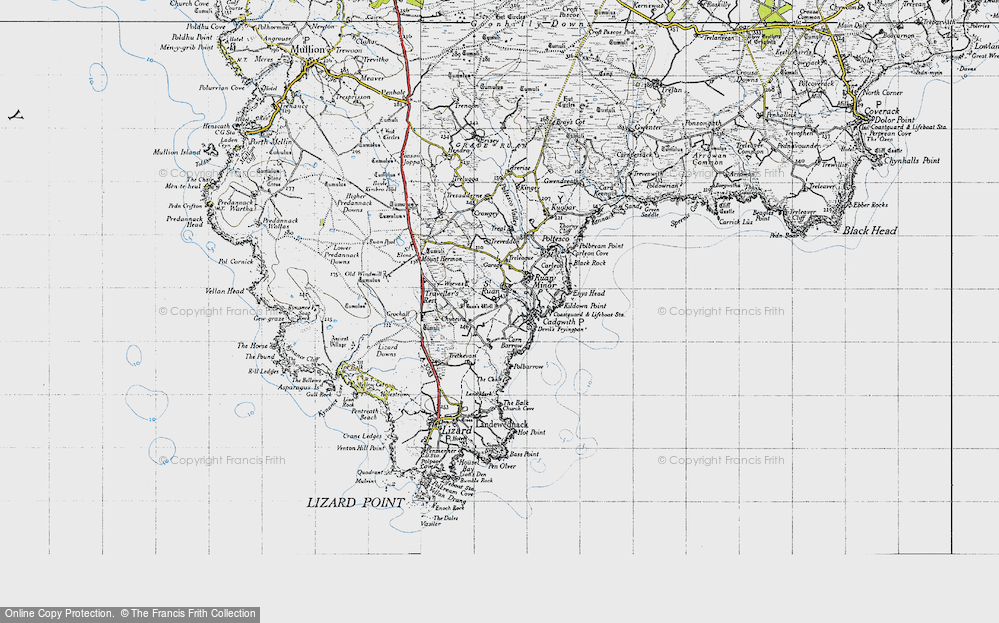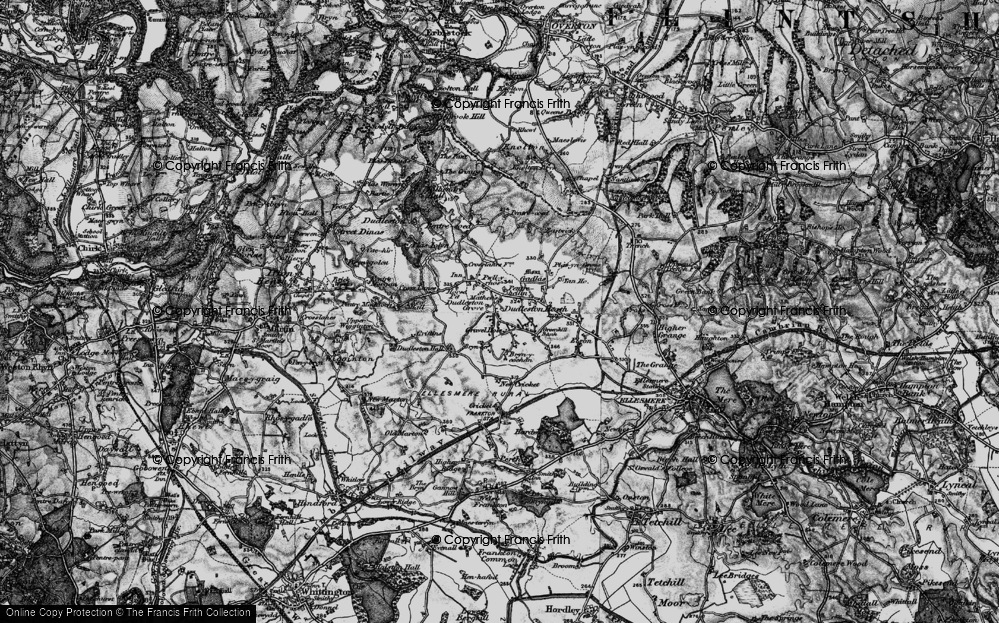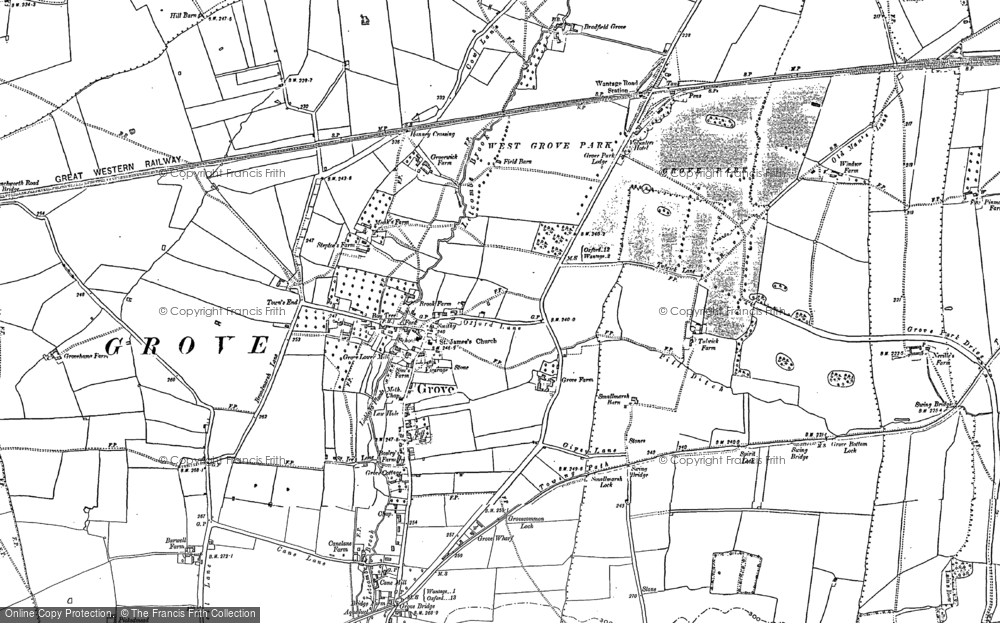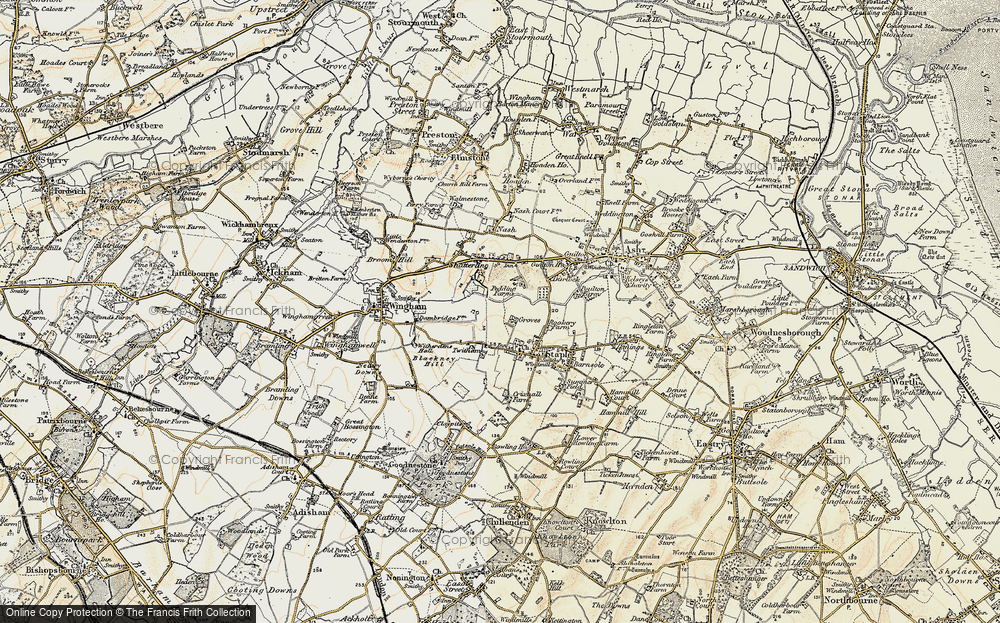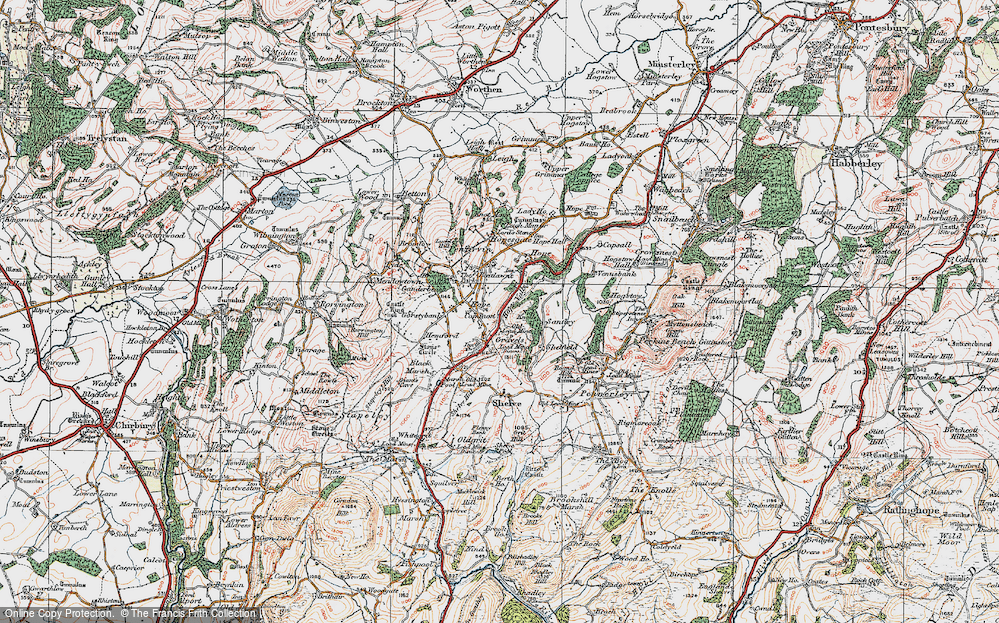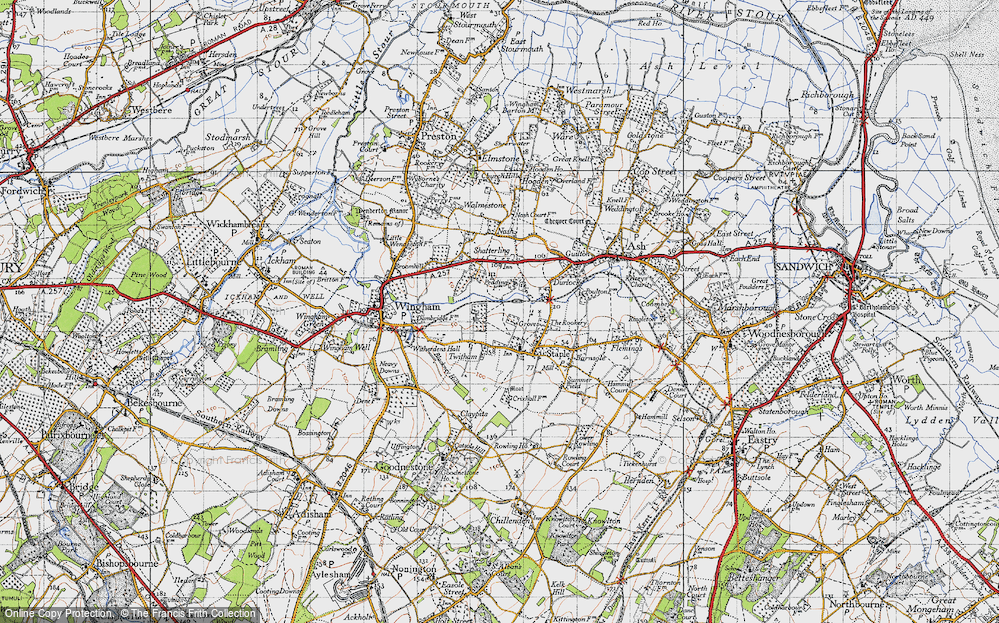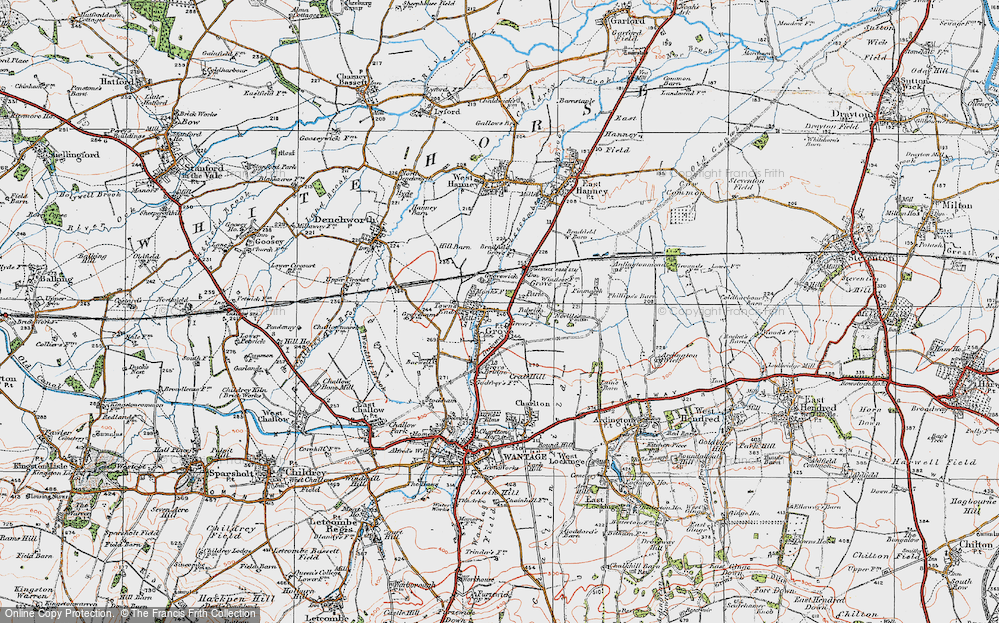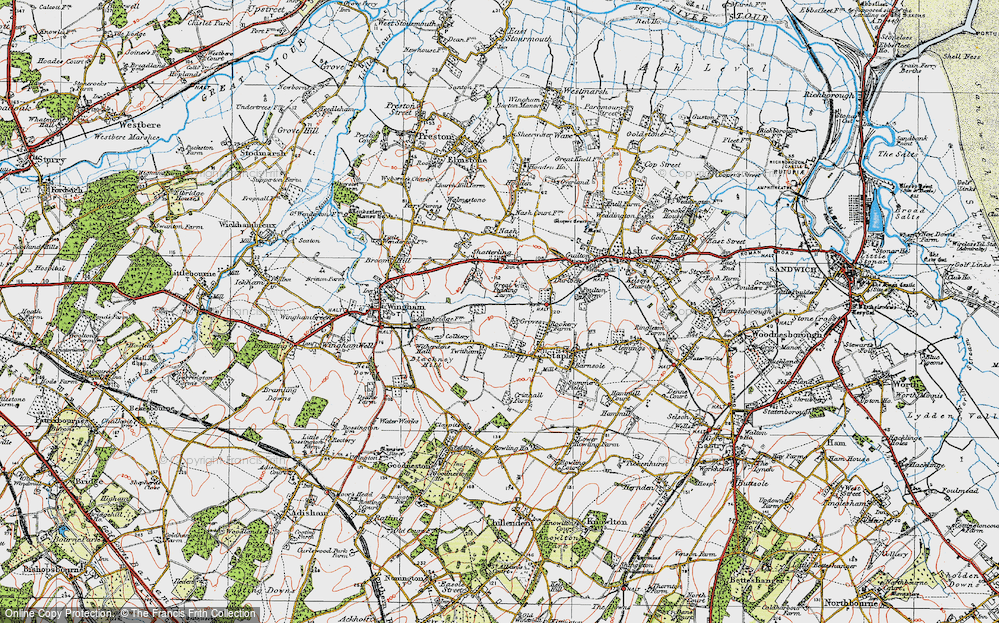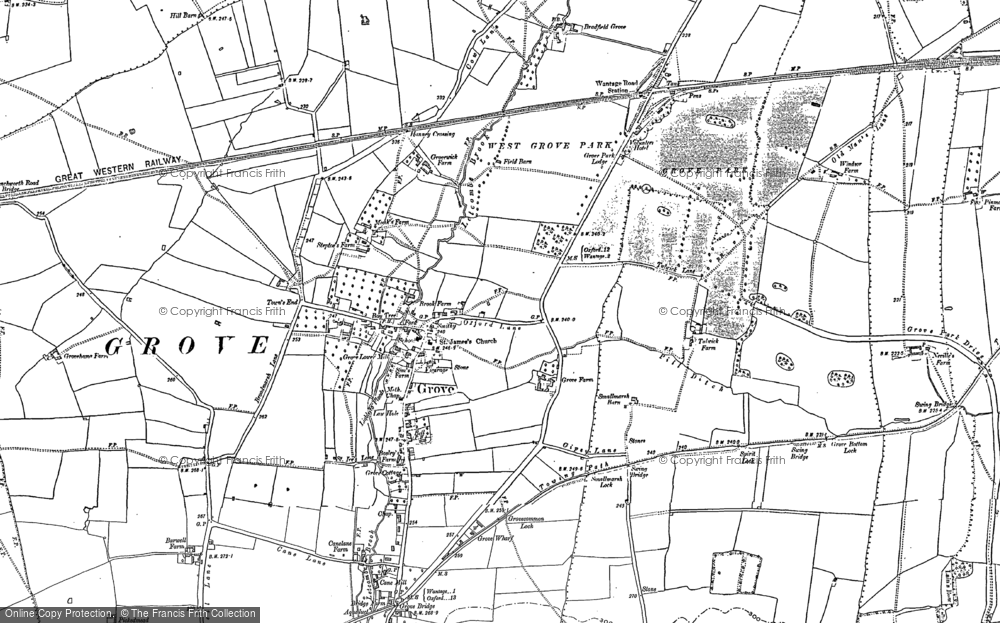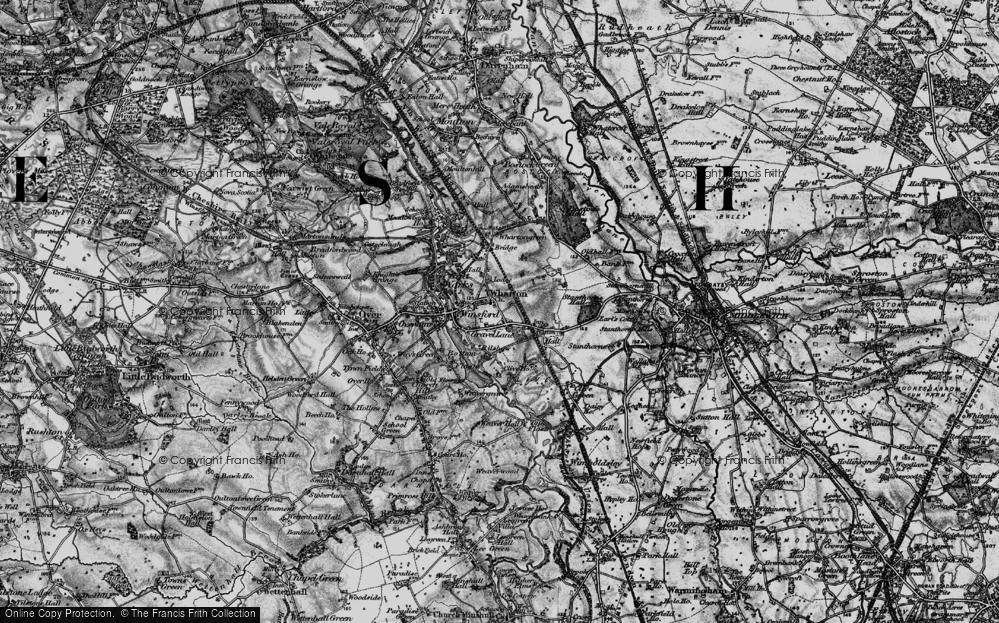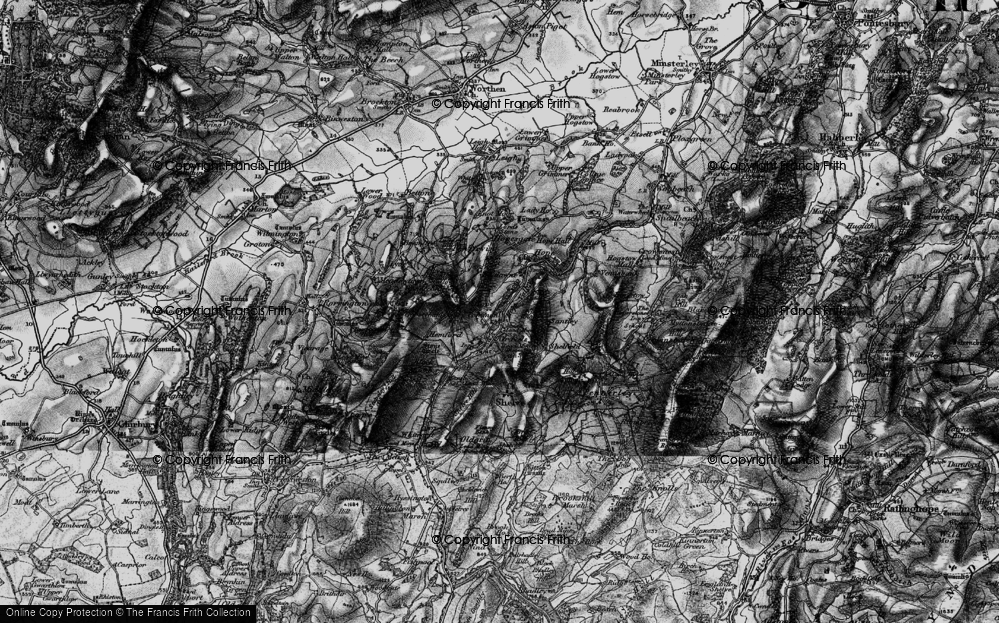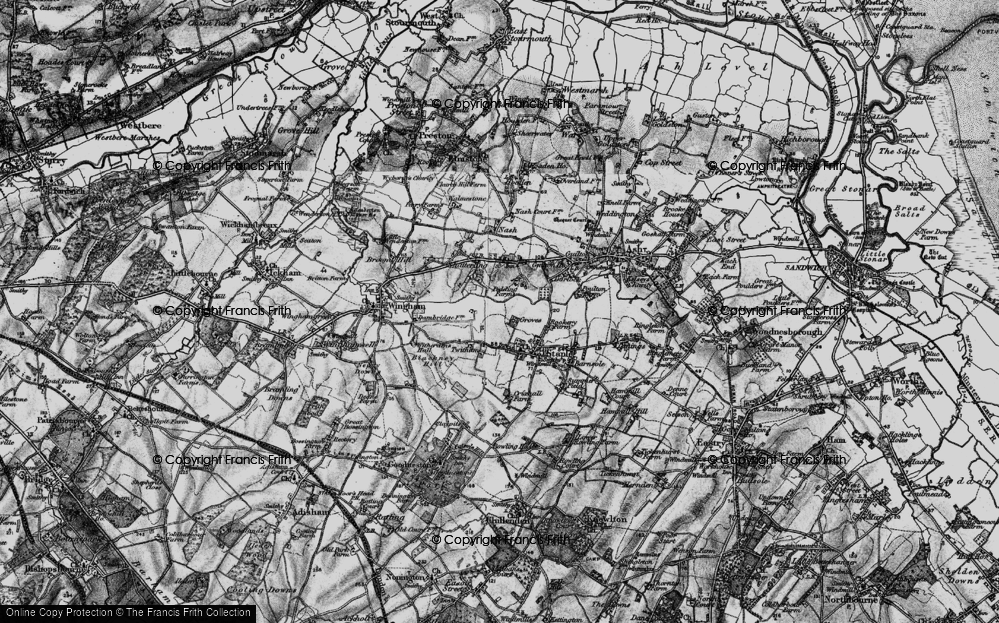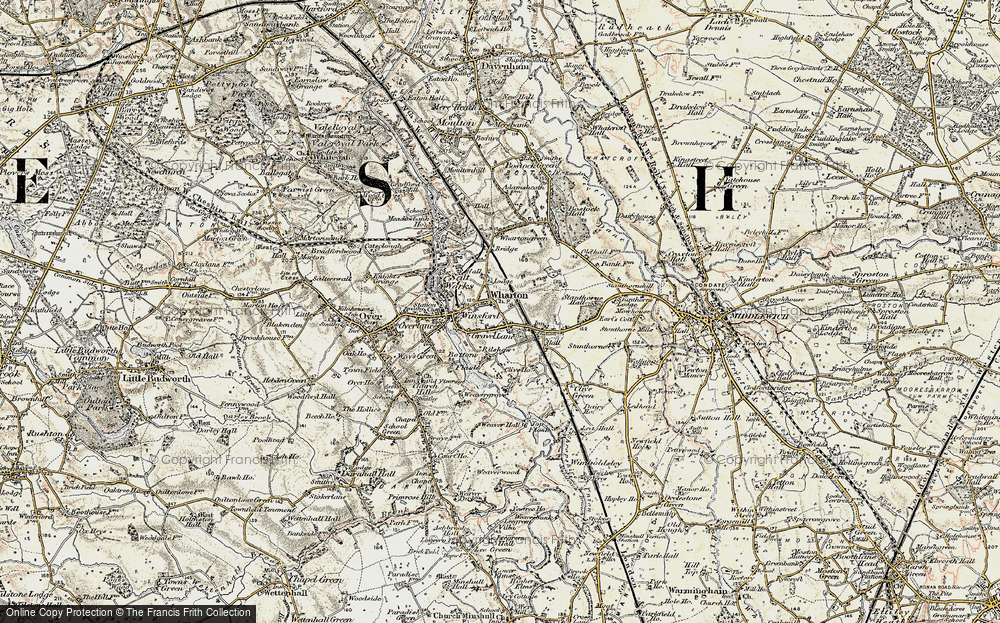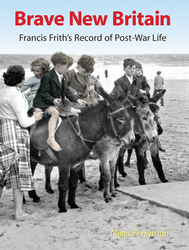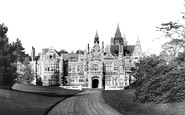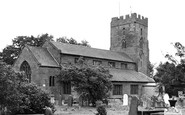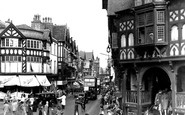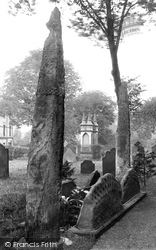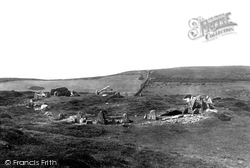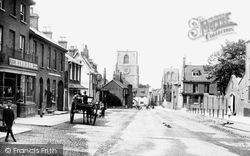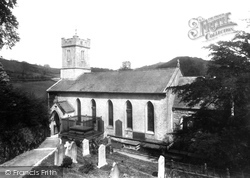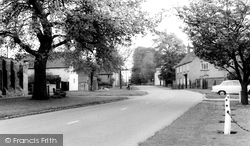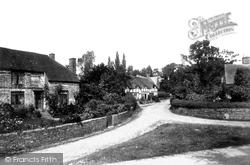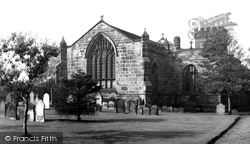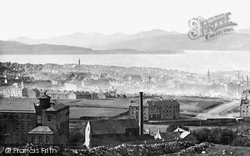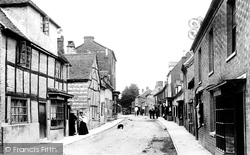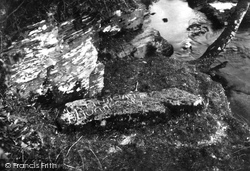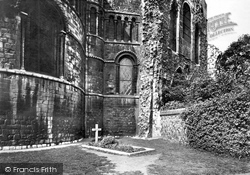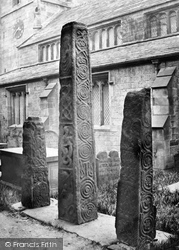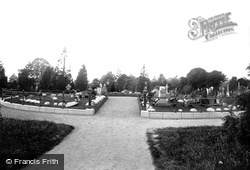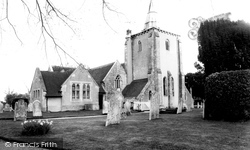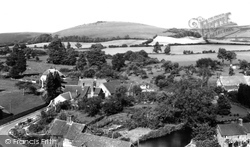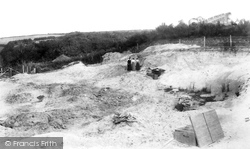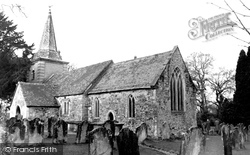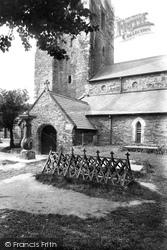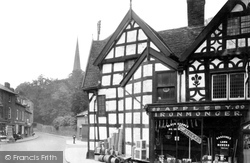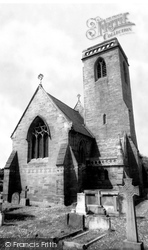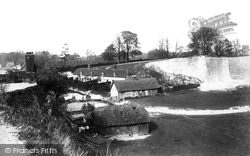Merry Christmas & Happy New Year!
Christmas Deliveries: If you placed an order on or before midday on Friday 19th December for Christmas delivery it was despatched before the Royal Mail or Parcel Force deadline and therefore should be received in time for Christmas. Orders placed after midday on Friday 19th December will be delivered in the New Year.
Please Note: Our offices and factory are now closed until Monday 5th January when we will be pleased to deal with any queries that have arisen during the holiday period.
During the holiday our Gift Cards may still be ordered for any last minute orders and will be sent automatically by email direct to your recipient - see here: Gift Cards
Places
1 places found.
Those places high-lighted have photos. All locations may have maps, books and memories.
Photos
131 photos found. Showing results 1 to 20.
Maps
222 maps found.
Memories
532 memories found. Showing results 1 to 10.
First Trip To Fathers Hometown
My father Leslie Edgar Simpson Smith was born in Askam-In-Furness at Greenscoe Cottages in 1902 and he passed away in Canada in 2003. My grandfather William Smith was also born in Askam in the Vulcan Hotel which ...Read more
A memory of Askam in Furness by
Lost Times
My memories are of Okenden in the early days, my father was born there and was from a family of 11 children, he was called Arthur Oakley, he lived there when the local bobby walked the streets pushing his pushbike, and if he did any ...Read more
A memory of South Ockendon in 1959 by
Personal Reflections
I was born in Sandleaze, Worton in 1957. I was brought up at 1 Mill Road near the Marston boundary. I remember many things about the village especially the Rose and Crown Pub and the Mill. I remember with pride the war ...Read more
A memory of Worton by
Very Early Memories!
I was born in Chelsfield in March 1945 at The Bunglaow, Crown Rd/Warren Rd. I was born on the day that the last doodle bug bomb was sent over by the Germans and it dropped not far from where I was born. I have been told that ...Read more
A memory of Chelsfield by
Happy Childhood
I lived with my grandma Elizabeth (Lizzie) Bignell at No 10 Ten Cottages from 1943 to around 1948. The houses were Estate owned (and still are) and my grandad Robert Bignell worked at the manor house first as a shepherd and then ...Read more
A memory of Wormleighton in 1946 by
School Days
Before becoming the home of George Harrison of the Beatles, Friar Park was run as a school by sisters of the St. John Bosco order. This was my first school and I remember having to walk all the way to the main door along the ...Read more
A memory of Henley-on-Thames in 1960 by
Where Does The Time Go
This is the church where my 17 year old son was christened. This is also the church where I spent most of my childhood. From about the age of 10, my friends and I would go grave rubbing. We actually spent more time cleaning the ...Read more
A memory of Farndon in 1980 by
My Childhood Years In Stebbing
My Grandparents, Harry and Hannah Young lived in the first cottage on the left as you enter the village. I spent most of my school holidays there with them and my Mother and I were evacuated to live with them during ...Read more
A memory of Stebbing in 1940 by
Wartime Memories
I well remember living in the village from 1940 to 1944 being evacuated there as a 6 year old from the East End of London. I lived very close to the war memorial and attended school set up for evacuees in the cricket pavilion on ...Read more
A memory of Warborough in 1940 by
Thomas Ledsham Wilkinson
My wife Joan's grandfather Thomas Ledsham Wilkinson owned various fish and poultry shops in Chester on and around Eastgate Street and Watergate Street. We recently visited Chester to try and trace the one shop we thought he ...Read more
A memory of Chester in 1890 by
Captions
197 captions found. Showing results 1 to 24.
The so-called Giant's Grave in the churchyard of St Andrew's is actually a pair of tall Norse-influenced Saxon crosses with two hog-backed grave slabs in between.
The so-called Giant's Grave in the churchyard of St Andrew's is actually a pair of tall Norse-influenced Saxon crosses with two hog-backed grave slabs in between.
There are a number of Neolithic monuments on the island; the Meayll Circle is of a unique design with six pairs of lintel graves arranged in a circle.
In the churchyard of St Nicholas's Church is the grave of the melancholic poet William Cowper, and St Withburga's Well, the site of the grave of one of the sainted daughters of the Saxon King Anna.
John Wilkinson, the ironmaster, is buried in the churchyard in an unmarked grave; it was his fifth burial. First his coffin was lost in the sands of the bay, but it was subsequently recovered.
His father's grave lies in the churchyard. The loss of the earl on HMS 'Hampshire' in 1916 on his way to put the Russian military in order was regarded as a national calamity.
The 'Giant's Grave' in St Andrew's churchyard is a collection of two badly-weathered 10th-century cross-shafts and four Norse 'hogback' tombstones.
It was in Tong that he buried Little Nell in his book 'The Old Curiosity Shop', and so immediately gave rise to a thriving local tourist industry for visitors to see her grave.
In the 1870s the churchyard became quite literally full up, and in consequence Admiral Chaloner gave a site on the eastern outskirts of the town for use as a cemetery.
By 1760, the first shipyards at Greenock were open, and in 1786 a graving dock was completed. A new graving dock was built in the early 1870s and work on the James Watt Dock began in 1881.
Bidford became famous in 1922 when a Saxon burial ground was discovered containing 200 graves, including those of warriors buried with their weapons.
By 1760, the first shipyards at Greenock were open, and in 1786 a graving dock was completed. A new graving dock was built in the early 1870s and work on the James Watt Dock began in 1881.
Since there is no evidence of Arthur ever existing, the claim that this is his grave is academic, though it would be foolish to ignore the power of handed-down legend.
Although the stonework has been replaced since, the heroic Edith Cavell's grave is still a poignantly simple one.
It is believed that they were originally used as grave markers where the gospel would be preached before the church was built.
The grave of Charles Stewart Parnell (1846 - 91).
In the churchyard lies the eminent Victorian biologist William Saville Kent, who died in 1908, his grave covered with an array of fossilised sponges.
In the churchyard is the grave of Alfred Simey, who died in 1931 of wounds received years earlier in the First World War.
A major find, with 130 graves, the dig was supervised by a Mr Reddie Mallet and one of the diggers was the Rev Sabine Baring-Gould, writer of 'Onward Christian Soldiers'.
In the churchyard is the grave of 'Brusher' Mills, the famous New Forest snake-catcher.
This photograph shows the remnants of an old grave, protected by ironwork, which is said to cover the remains of the small girl associated with Wordsworth's poem 'We are Seven'.
A favourite epitaph is that over the graves of Thomas Scaife and Joseph Rutherford, killed in a railway accident: 'My engine now is cold and still, No water does my boiler fill; My coke affords its flames
In the churchyard is the mass grave of nuns of the Order of Poor Clares, who fled here from Dunkirk during the French Revolution.
Odiham churchyard contains the graves of several French prisoners.
Places (1)
Photos (131)
Memories (532)
Books (1)
Maps (222)




